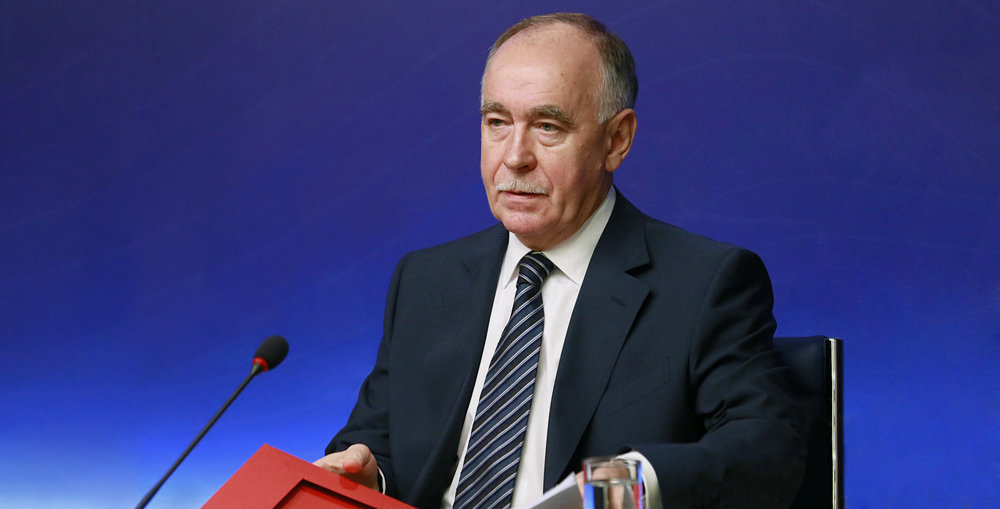
SCO and BRICS potential can help stabilise Afghanistan
"It won't be possible to stop drug production in Afghanistan by police and military action alone," Viktor Ivanov said. "Moreover, we can see that the use of foreign military forces has led to heightened confrontation, a rise in tension, and instability of the Afghan army and police."
Also, in the past few years, there has been a trend to rechannel the narcotic drug flow from North America towards the East - to Africa via Brazil and on to the European Union and India, Mr. Ivanov said. Therefore, almost all the SCO and BRICS countries are concerned about the growing production and transit of drugs, and their joint potential is needed to combat this phenomenon.
Mr. Ivanov also noted Pakistan's potentially important role in combating the production and transit of drugs: "This country is a serious political and economic player in Central Asia, a player capable of taking the necessary efforts - in cooperation with Russia and maybe Iran - to stabilise Afghanistan and push the drug economy to the margins," he said.
According to Mr. Ivanov, there is a need to fight the root cause of these problems. "The most obvious way to do this is to promote the region's infrastructural development and provide jobs. Employment is something that may distract people from drug cultivation," he said.
The upcoming SCO and BRICS summits, to be held on July 8-10 in Ufa, have to include the appropriate clauses in their final declarations, he concluded.
The full version of this interview you can find here